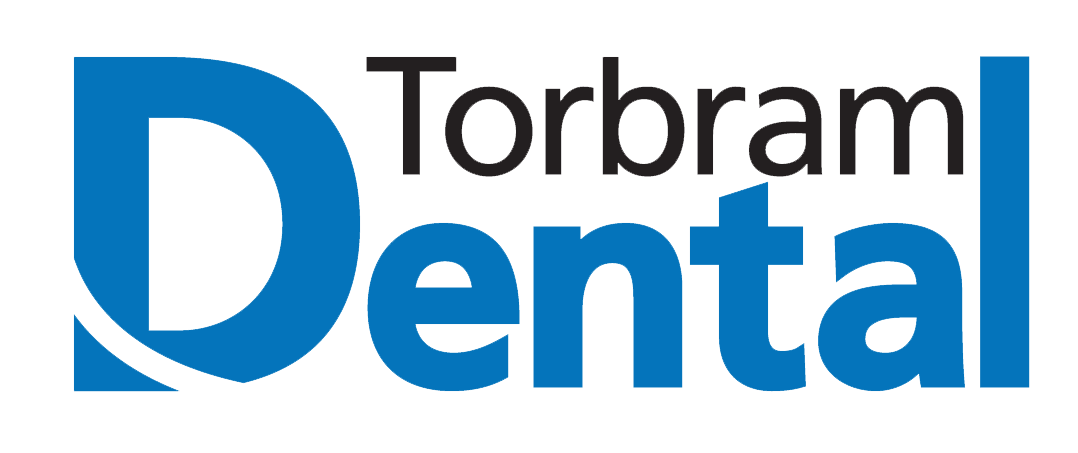

Bruxism is the technical term for unconscious grinding and clenching of teeth. Many patients experience bruxism only while sleeping, but others grind and clench their teeth all day long. Bruxism may seem like a relatively harmless bad habit, but when left untreated, it can lead to any number of adverse effects on oral and overall health. At Torbram Dental, our experienced dentists and knowledgeable team offer a variety of treatment options to repair teeth damaged by bruxism and preventive services to keep smiles whole and healthy. If you grind or clench your teeth at night, don’t risk damaging your oral health one day longer. Contact our team to find out more or schedule an appointment today.
There is no one specific cause of bruxism, but some of the reasons patients are said to experience bruxism include:
Whatever the causes of bruxism, it’s essential to patients’ oral health that we begin treatment as quickly as possible. Our dentists or hygienists may notice the indicators of bruxism during dental checkups, but we encourage patients to contact us right away if they experience any of the common side effects of teeth grinding listed below:
Treatments for teeth grinding are as varied as the causes of this oral health issue. Once patients have been diagnosed with bruxism, our skilled dentists develop an ongoing treatment plan to repair any damage that occurs, and we work with patients to determine the underlying causes and begin working toward breaking the habit. Patients with bruxism may undergo some combination of the following treatments:
Simrit has been working at Torbram Dental since 2001. She started her career with Assisting/Treatment co-ordinating and then moved on to becoming the Hygiene Co Ordinator in 2005. In 2012 she took on a new role as the Marketing Director. Though she loved being the Marketing Director, in 2015 she became the Office Manager of Torbram Dental. She completed her Level 1 Dental Assisting program with Career Canada in 1996 and then went on to complete her Level II Dental Assisting Diploma with Southwestern Medix in 1999. That is when she received NDAEB Certification. Simrit has been and still is an active member of the Ontario Dental Assistants Association since 2000. She enjoys hiking and traveling with her husband and two kids and loves to explore new restaurants, especially high-tea venues.
This will close in 0 seconds
Jessica, one of our receptionists, is one of the smiling faces you see when you arrive at the office. She graduated with honours from Medix College with a diploma as a Level 2 Dental Assistant. When she is not happily helping our patients, Jessica enjoys spending quality time with her friends and family, going to church on Sunday mornings, gardening and going on hikes.
This will close in 0 seconds
Naudia has been working at Torbram Dental for many years and is a valued member of our administrative team: as a dental receptionist and in our marketing team . She graduated from Everest College with honours level 1 and 2, with a diploma in Dental Assisting. Naudia is always there for our patients, making sure that they receive the care and attention they deserve. When not at the office, she enjoys spending time with family and friends, cooking and indulging in civil court TV shows.
This will close in 0 seconds
Ramandeep has been a part of Torbram Dental for the past 10 years as certified dental assistant. She obtained her level 1 certification from Everest college in Brampton in 2013, and then her level 2 certification in 2014 from Medix college. Her career path through the clinic has been recognized by staff at all levels who admire her work ethic and dedication to million dollar smiles. In her spare time, Ramandeep enjoys cooking and gardening, and spending time with her husband and 2 kids.
This will close in 0 seconds
Sana is a valued member of our dental hygiene team. In 2008 she completed her education at George Brown in Dental Assisting and in 2016 she earned her diploma in Dental Hygiene from the Canadian Academy of Dental Health and Sciences. Sana has been working in dentistry since 2008 and enjoys taking care of our patients and helping them with their oral health. She is married and is busy with her 2 young children. In her spare time, Sana enjoys going out with the family, trying out new places to eat and is looking forward to travelling with them in the future.
This will close in 0 seconds
Sanaria has been working at Torbram Dental for many years as a valued member of our Dental Assisting Team. She completed her level 2 dental assisting certification and previously obtained a degree in Education and worked as a quality control officer in the pharmaceutical industry. When not at work Sanaria loves to bake and cook. She also loves story time and enjoying the outdoors with her children. She always sees the positive side of life, believes that nothing is impossible and that if you set a goal and work at it, that you will make your dreams come true.
This will close in 0 seconds
Carrie has been working at Torbram Dental since 2001. She graduated from George Brown College in 1998 with a Dental Assistant Diploma and continued to further her education by completing a Dental Hygiene Diploma in 2001 at Durham College. Carrie is a highly trained and experienced Registered Dental Hygienist who continues to learn and grow by updating her knowledge to provide her clients with the best Oral Health Care techniques and information. Carrie is passionate about Dentistry and is known for her gentle and compassionate manner. She feels strongly about building lasting relationships and trust with her clients to help them understand that good Oral Health leads to good Overall Health. Carrie enjoys travelling, dabbling in decorating and a good Netflix series in her time off. Carrie resides in Halton Hills with her husband and two children.
This will close in 0 seconds
Daniela's interest in Dentistry began in Gr.6 when she wrote a speech entitled "My Life as a Toothbrush".
A Registered Dental Hygienist with 22 years of clinical experience, Daniela still has a great passion for her career. The most rewarding aspect for her is building lasting relationships with her patients, and seeing them through to a healthier smile.
Her thorough yet gentle touch will ensure a comfortable visit every time.
Daniela is a total Foodie and loves to cook and enjoys all types of cuisines. She loves Florida, Cruises, organizing things, and most of all spending time with family and friends.
This will close in 0 seconds
Stephanie Enjoys getting to know all new patients at Torbram Dental and catching up with long standing Patients. Stephanie enjoys spending quality time with her family. One of her favorite things to do with her daughter is teach and play the piano. Stephanie likes going on walks with her husband and enjoys spending as much time with him as he is an Active Member of the Canadian Army. On Sundays, Stephanie enjoys going to Church and looks forward to Sunday Dinner with her entire family. Stephanie's Favorite thing to do to start her day right is head to her local Starbucks and Grab her favorite drink, an iced black tea with light lemonade on warm days and a blonde vanilla latte on those cold winter days.
This will close in 0 seconds
As a dedicated Dental Hygienist at Torbram Dental, Aalisha brings recent knowledge and experience to ensure the best oral health for our patients. She holds a Diploma in Dental Hygiene from the Toronto College of Dental Hygiene and Auxiliaries and has further enriched her education with a Bachelor of Science from the University of Waterloo. Beyond her professional qualifications, Aalisha has a zest for life that extends beyond the dental chair. She cherishes quality time with family and friends, thrives on outdoor adventures, and has a passion for hiking and water-based activities, especially during the sunny summer days. She is an avid traveler, exploring tropical paradises and historic destinations while immersing herself in diverse cultures and indulging in delicious culinary experiences."
This will close in 0 seconds
Supreet was born and raised in Punjab, India and came to Canada in 2016. She graduated from Sheridan College as an Environmental Lab Technician but later decided to change her career to dentistry. She completed her Level I and II Intra-Oral Dental Assisting course from George Brown College and graduated in 2023. In July 2023, Supreet joined the team at Torbram Dental where she enjoys working. In her free time, she loves to read books.
This will close in 0 seconds

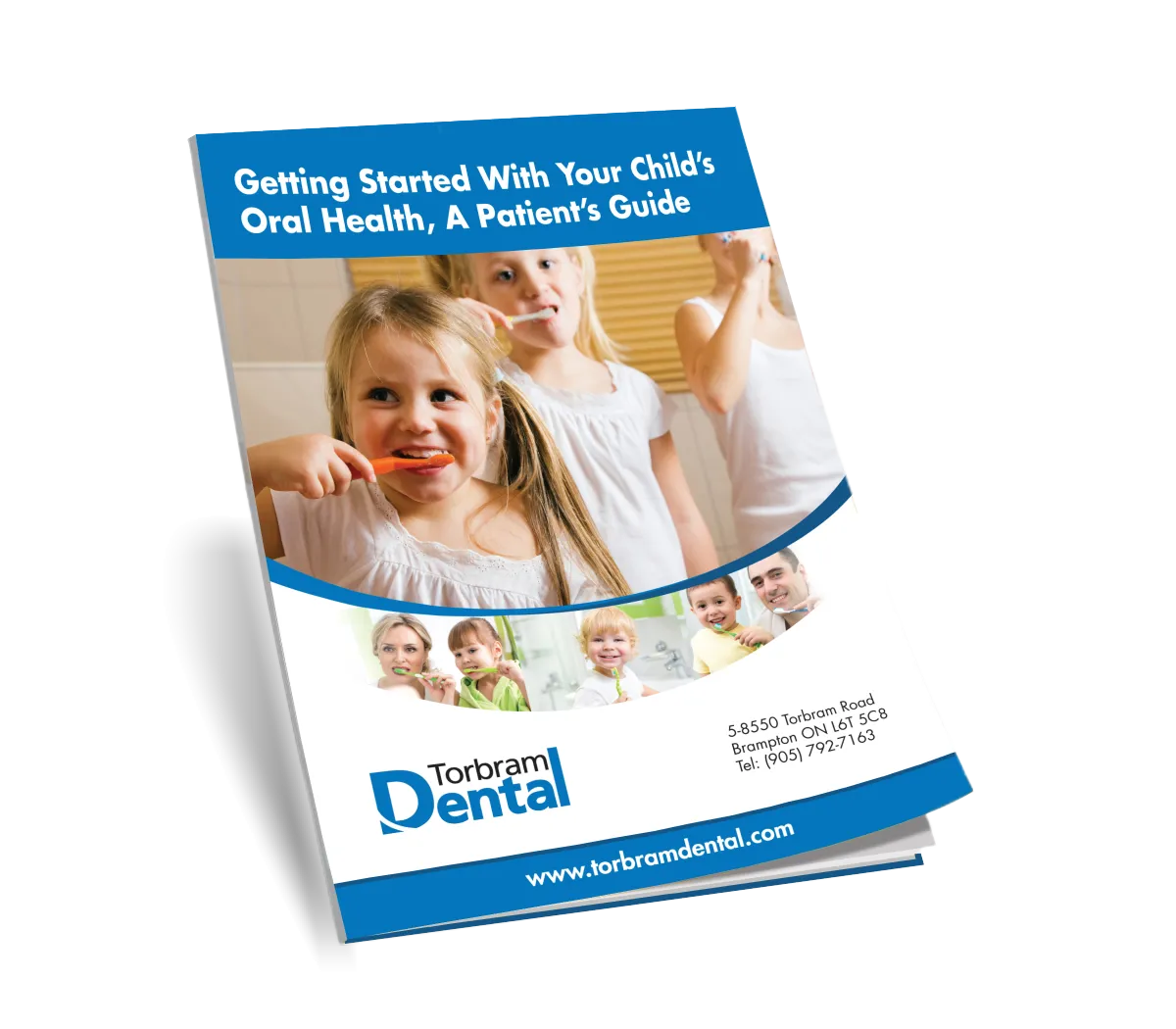
Enter your information below.
We will email your copy right away.
This will close in 0 seconds

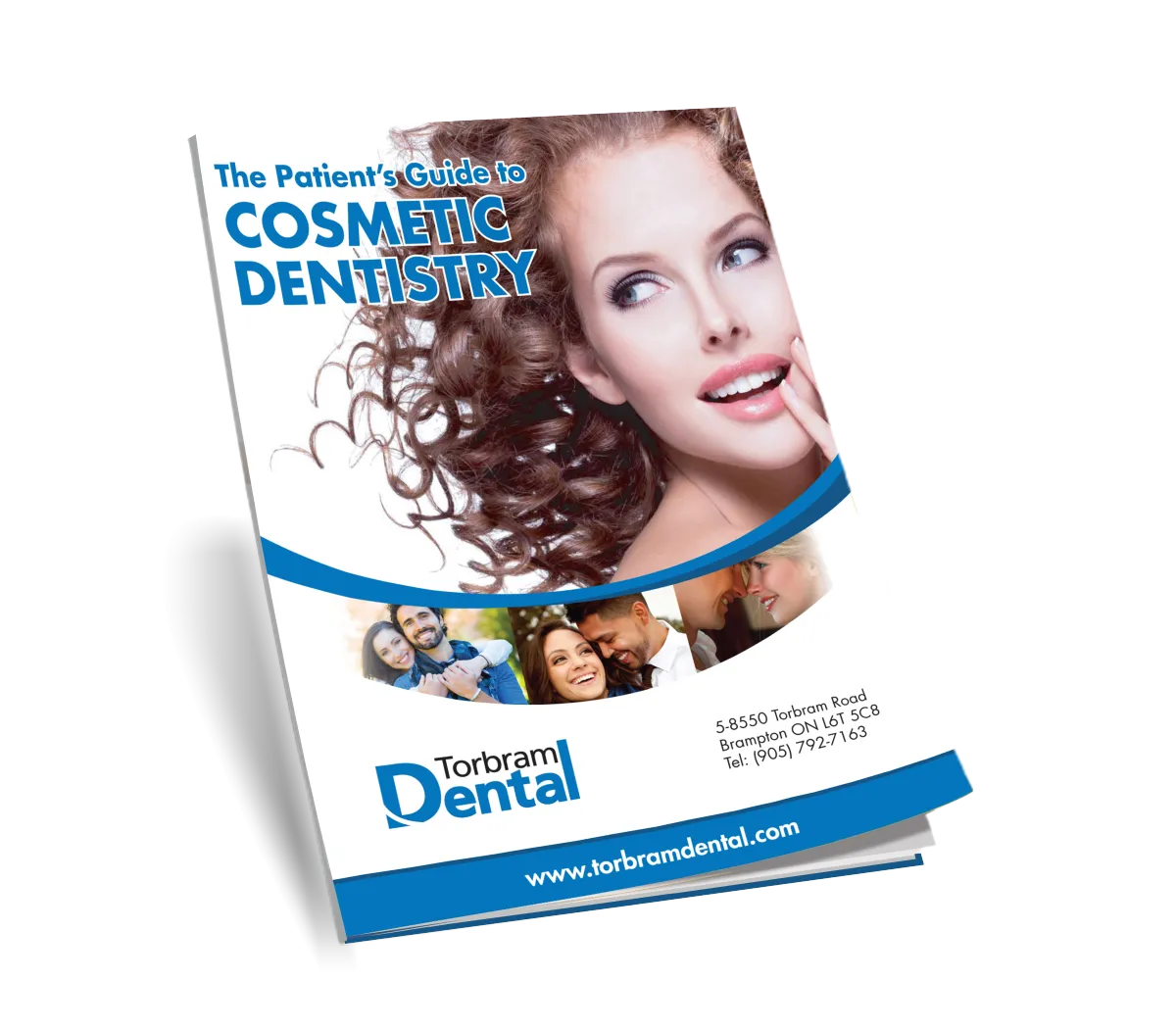
Enter your information below.
We will email your copy right away.
This will close in 0 seconds

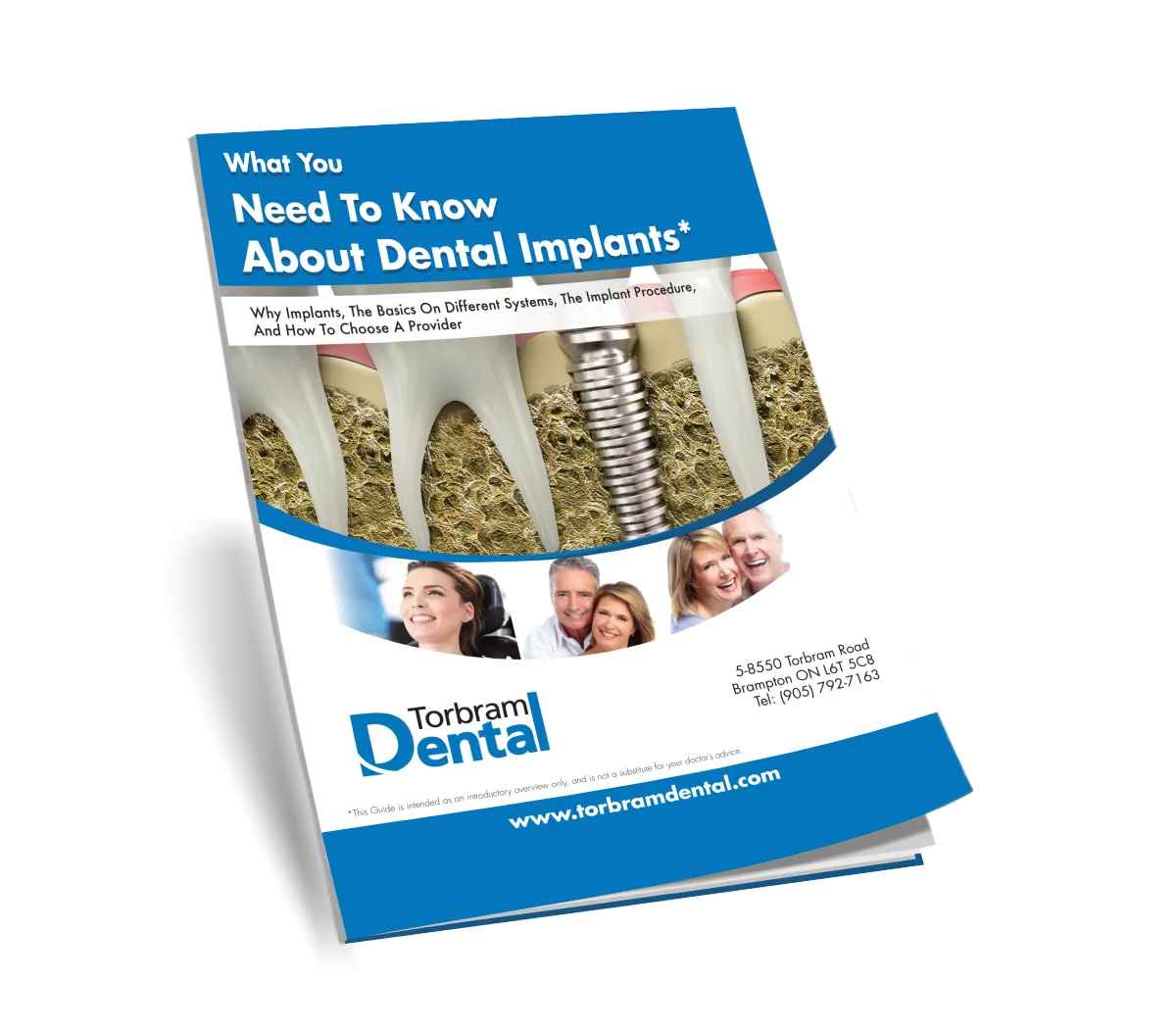
Enter your information below.
We will email your copy right away.
This will close in 0 seconds

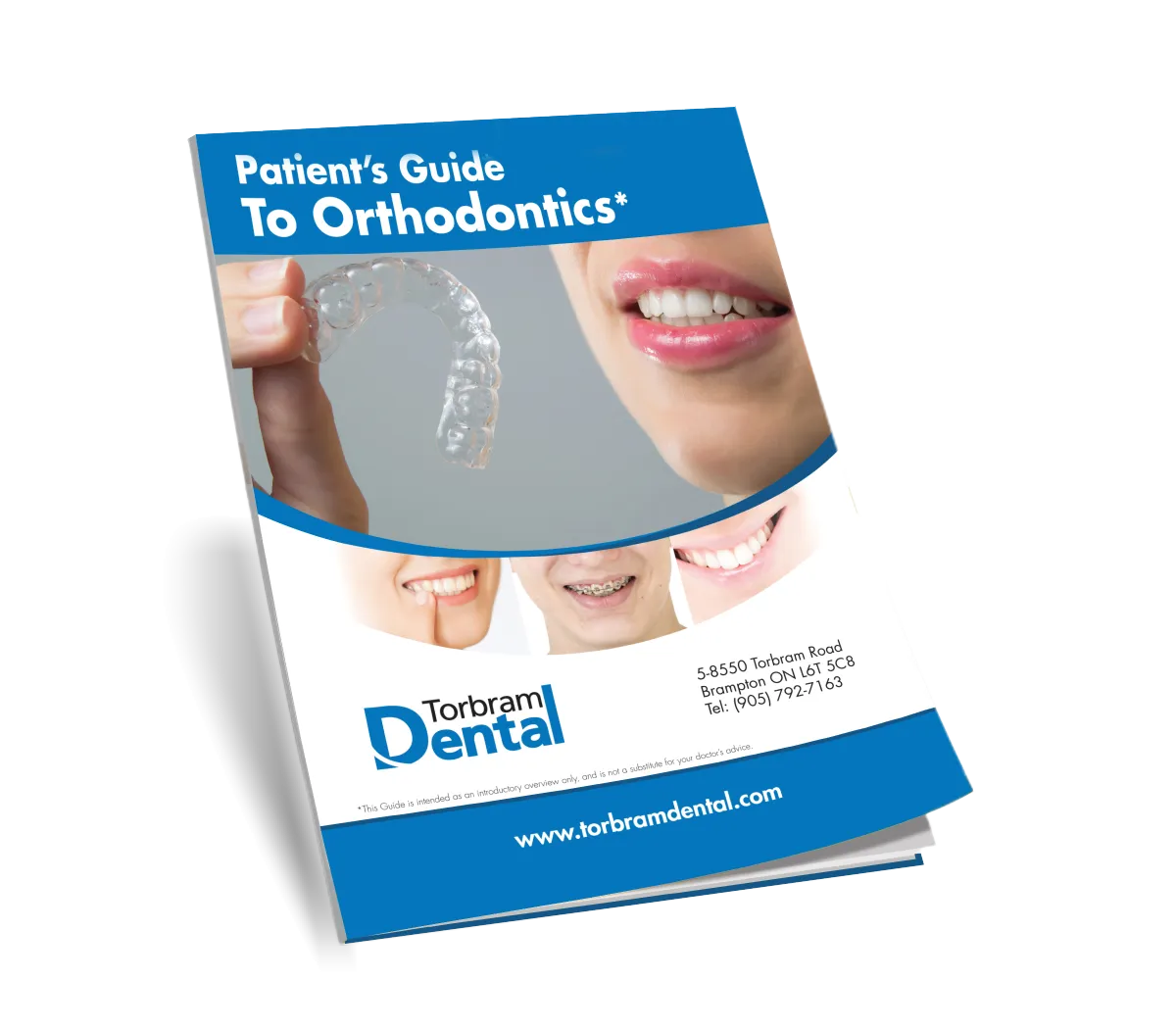
Enter your information below.
We will email your copy right away.
This will close in 0 seconds

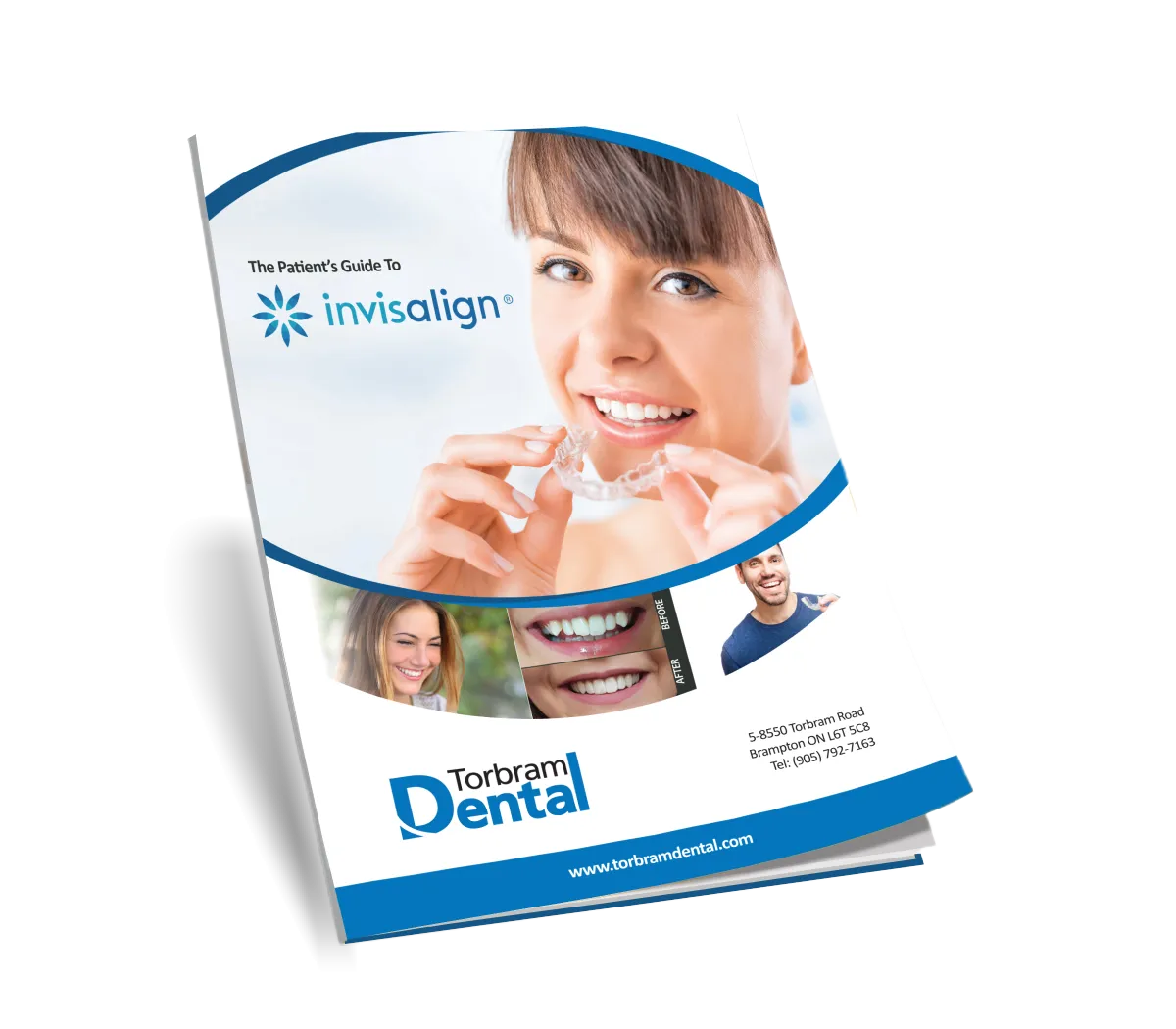
Enter your information below.
We will email your copy right away.
This will close in 0 seconds

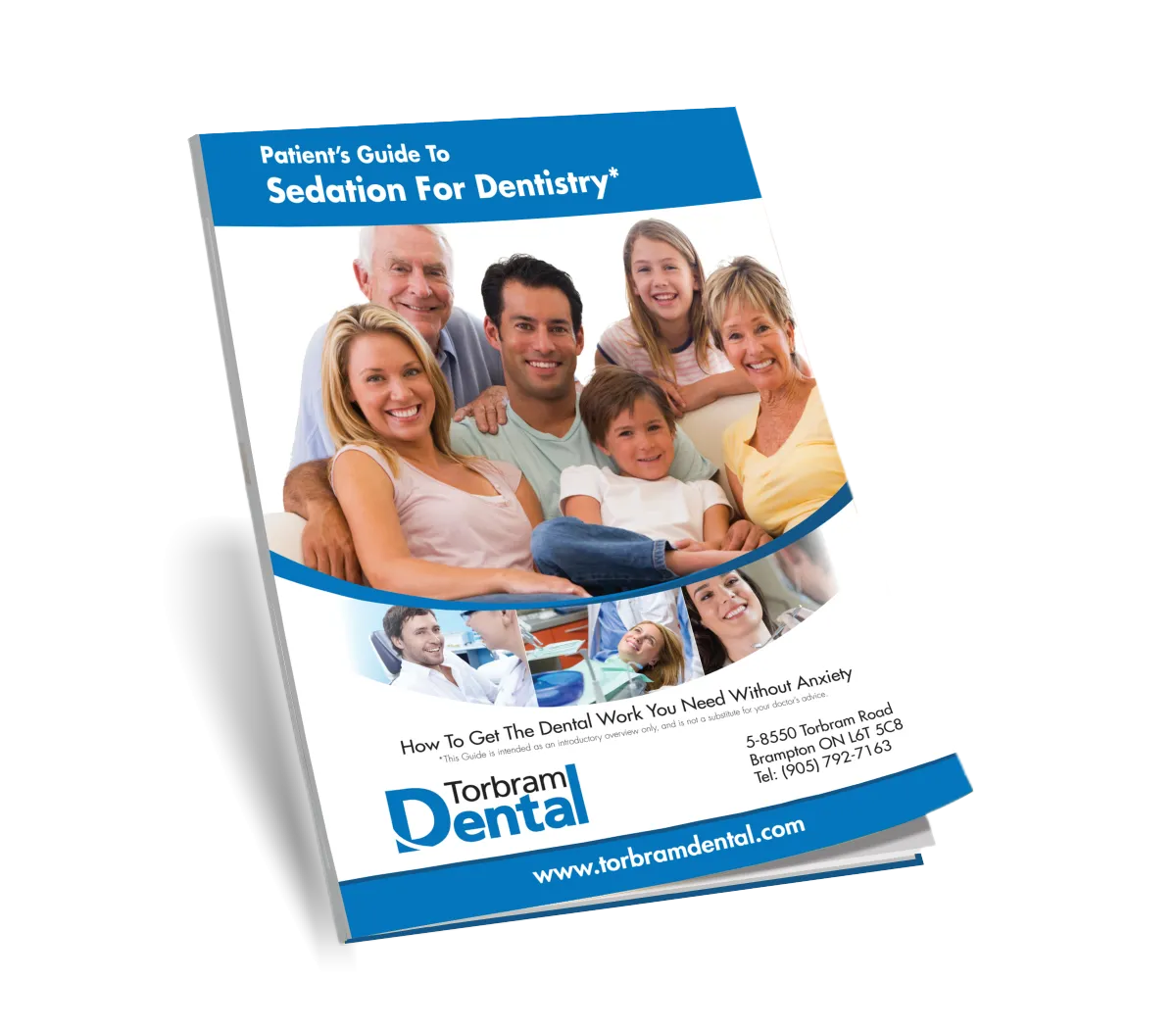
Enter your information below.
We will email your copy right away.
This will close in 0 seconds


Enter your information below.
We will email your copy right away.
This will close in 0 seconds